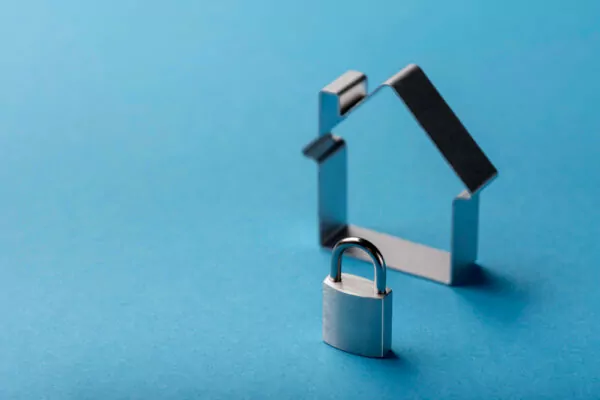In recent years, technological advances have provided countless facilities for companies in all sectors. One of these advances is the Electronic Judicial Domicile (DJE), a platform that simplifies communication between companies and the judiciary.
In this article, we will explore in detail how to access the DJE, who is obliged to use it, its benefits and the recent updates that impact its use.
What is the Electronic Judicial Domicile?
The Electronic Judicial Domicile is a digital platform created to centralize and facilitate communication between the Judiciary and the parties involved in legal proceedings. The tool allows lawyers, magistrates, judicial staff and parties involved in proceedings to receive and send procedural communications electronically, eliminating the need for paper and speeding up court proceedings.
Who is obliged to use the Electronic Judicial Domicile?
Resolution 455/2022 of the National Council of Justice (CNJ) establishes guidelines for the use of the DJE. According to this resolution, registration with the DJE is mandatory for:
- Union, states, Federal District and municipalities
- Indirect administration entities and public companies
- Large and medium-sized private companies
Registration is optional for
Micro and small businesses that have an e-mail address registered in the integrated system of the National Network for the Simplification of Registration and Legalization of Companies and Businesses (Redesim), according to the § Paragraph 5 of article 246 of the CPC/2015.
Individuals
Recent Updates and Suspension of Compulsory Registration
In a recent decision, the president of the CNJ, Justice Luís Roberto Barroso, accepted a request from the Brazilian Bar Association (OAB) and ordered the suspension of the deadline for compulsory registration of medium and large companies in the DJE. The measure aims to correct flaws in the system and ensure greater legal certainty for lawyers and parties involved in proceedings.
According to the OAB, the flaws in the DJE allowed subpoenas to be opened by parties involved in proceedings, even when there were lawyers, which violated § 5 of art. 272 of the Code of Civil Procedure (CPC). This practice created legal uncertainty and could lead to important deadlines being missed, harming justice.
The suspension will remain in force until the system is updated to allow subpoenas to be opened only in the absence of lawyers registered on the case file.
How Judicial Domicile Works Electronic?
DJE is a revolutionary tool that connects those who send communications in the legal world. Lawyers, courts and the parties involved can use this platform to streamline the exchange of information, eliminating the bureaucracy and costs associated with traditional communication methods.
Watch an explanatory video: Unraveling the Electronic Judicial Domicile
Benefits of DJE:
- Agility: Reduces the time it takes to send and receive procedural communications.
- Economy: Eliminates paper and postage costs.
- Security: It guarantees greater security and reliability in communications.
- Centralization: It allows all procedural communications to be consulted in a single place.
How to Access the Electronic Judicial Domicile: Step by Step
1. Registering with the system:
- Visit the website official DJE.
- Click on the registration option and select whether you are an individual or a company.
- Fill in the details requested, including CPF or CNPJ, e-mail address, and create a password.
2. Registration validation:
- After filling in the details, you will receive a confirmation e-mail.
- Click on the link sent to validate your registration.
3. Access to the system:
- Once your registration has been validated, access the DJE using your CPF or CNPJ and the password you created.
- The first time you log in, you will need to accept the system's terms of use.
4. Using the Platform:
- In the main panel, you will find all the procedural communications received.
- To send a communication, select the corresponding option and fill in the necessary details.
5. Communications Management:
- Use the search and filter tools to locate specific communications.
- Set up notifications to receive alerts of new communications.
Final considerations
The Electronic Judicial Domicile represents a major advance in the modernization of the Brazilian judicial system. Its implementation brings numerous benefits, such as agility, economy and security in procedural communications. However, it is essential that the flaws in the system are corrected in order to guarantee legal certainty for all parties involved.
The CNJ's recent decision to suspend the mandatory registration of medium and large companies until these flaws are corrected is an important step towards ensuring that the DJE works effectively and safely. Companies should keep an eye out for updates and ensure that they comply with the new guidelines once the system is fully operational.
A CLM Controller is a premium accounting firm that stands out for offering specialized and customized solutions for companies that need complete support in accounting, tax, legal and more. With an experienced and committed team, CLM Controller not only facilitates accounting management, but also positions itself as a strategic partner in maximizing operational efficiency and regulatory compliance for its clients.









